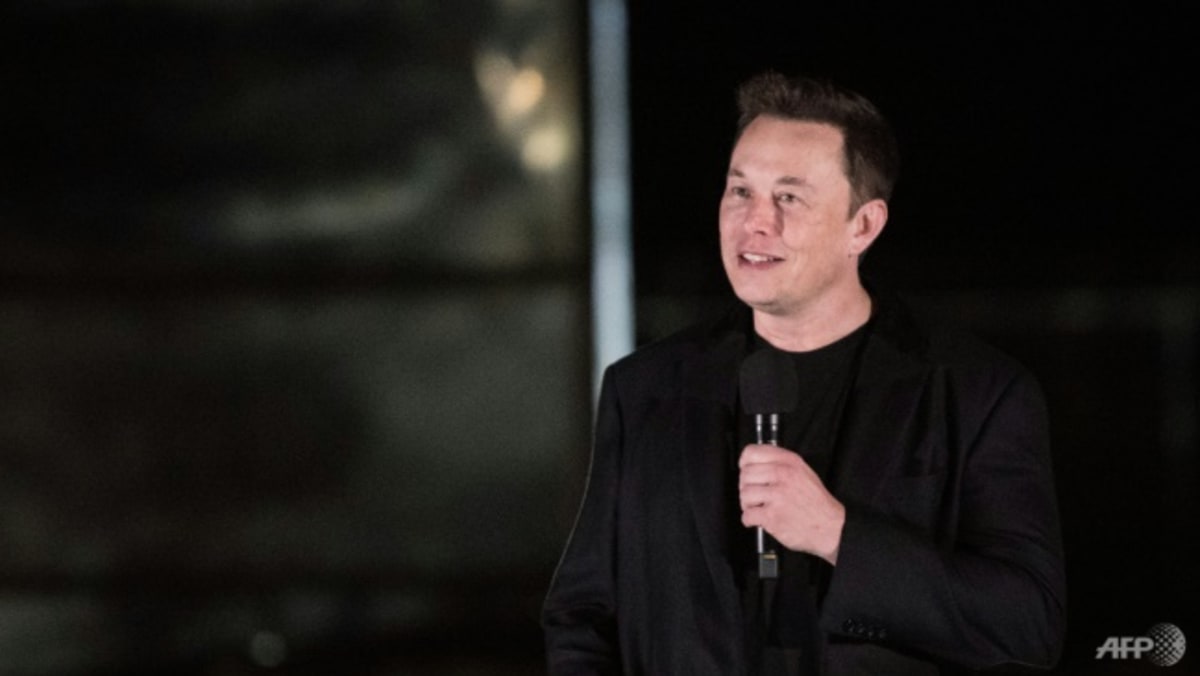Commentary: How being autistic may make Elon Musk think differently
BATH, England: The business magnate and new owner of Twitter Elon Musk revealed a while ago that he is autistic.
Musk, the wealthiest person in the world, is autistic. Musk, a fellow of the prestigious Royal Society and Time’s 2021 Person of the Year, is autistic. One of the most famous people on Earth is autistic. Perhaps it is worth letting that sink in?
As autism researchers, we think it is important to raise awareness of and improve attitudes towards autism. There is now a growing appreciation of “neurodiversity” in society, especially in the science and technology sector.
There has also been discussion of how people, such as environmental campaigner Greta Thunberg, can be great activists due to their autistic traits (although there is no statistical link between autism and environmentalism).
It is surprising, then, that there has been so little discussion of Musk’s autism. Not only would this be useful for understanding Musk, who is now an influential but increasingly criticised figure, but it might also go a long way to highlighting autism-related strengths and difficulties.
It is important to remember that he is neither representative of the autistic population nor the general one. But, if we believe that individual experiences matter, Musk’s story is a chance to learn about him, autism and neurodiversity. Given his defining position in society, it is worth trying to understand Musk rather than leaving public discourse to sour further.
AN INVISIBLE DISABILITY
Musk has shared stories of his social struggles as a child. He reports being bullied and “almost beaten to death” for being different. In a documentary, Musk’s mother talks about him as a “young genius”, but also a shy and awkward child without friends.
Source By https://www.channelnewsasia.com/commentary/elon-musk-autism-twitter-business-leader-workplace-mental-health-3073526


